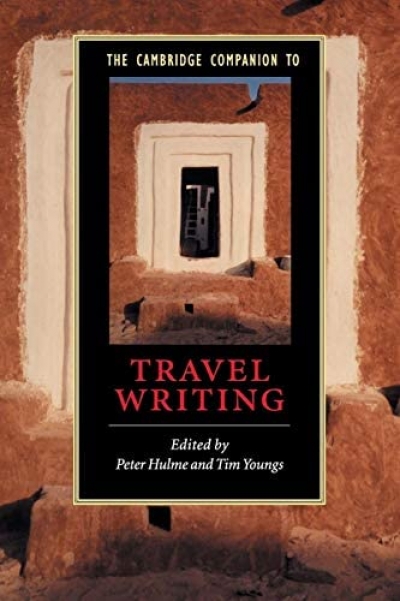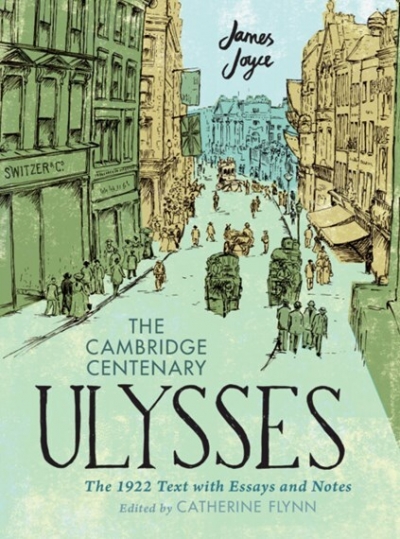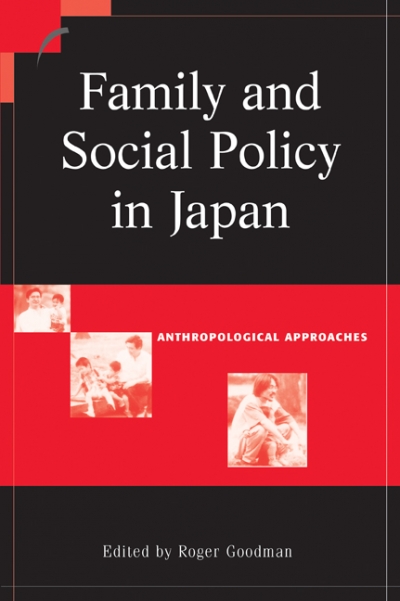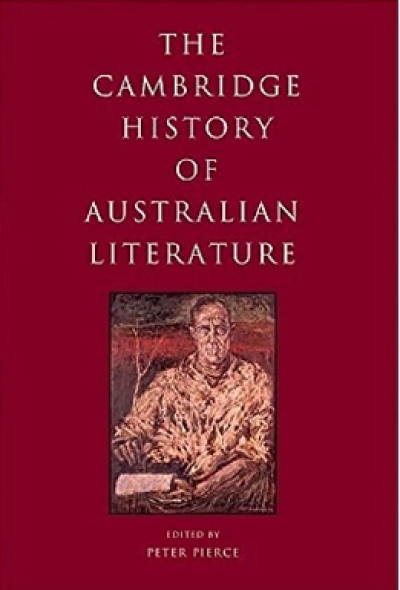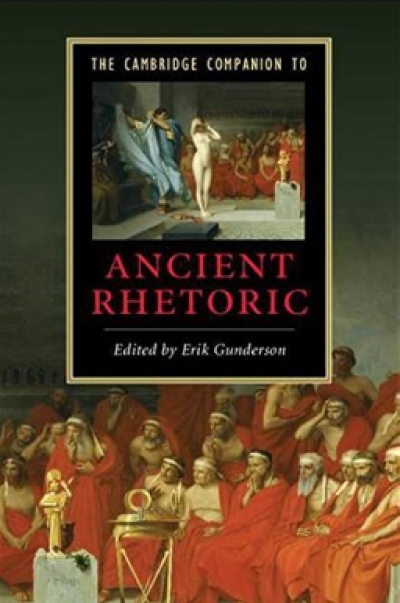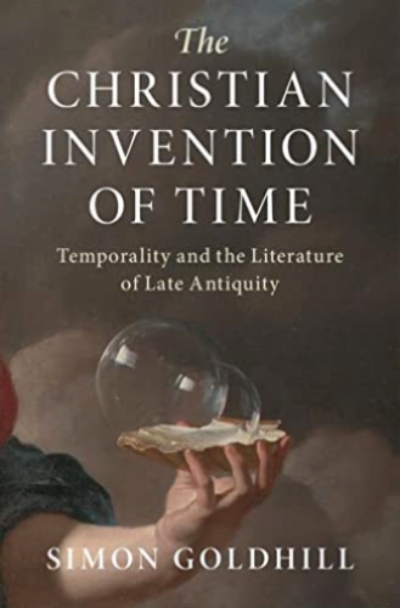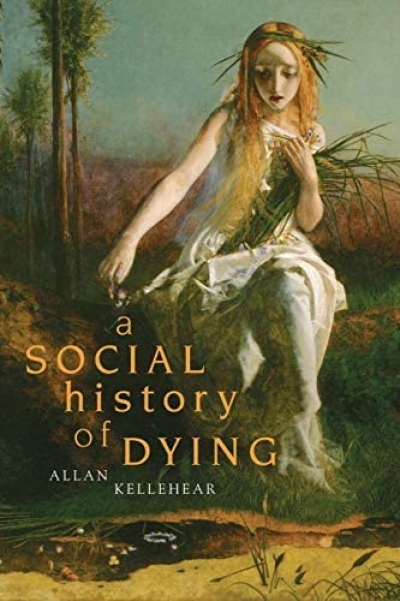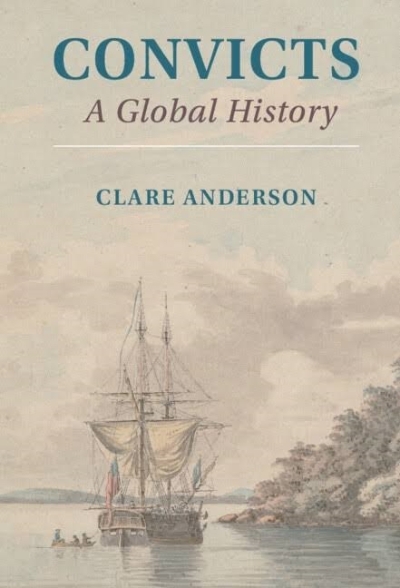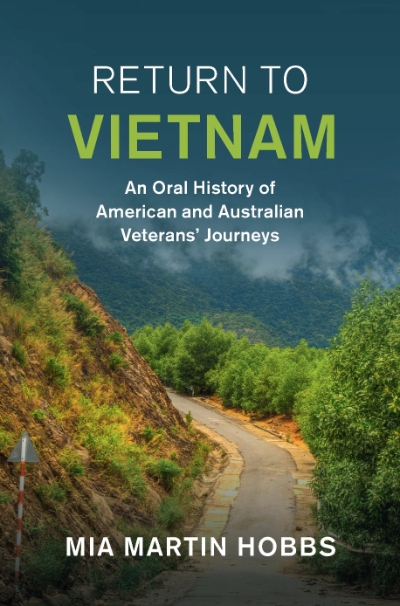Cambridge University Press
In this week’s ABR podcast, listen to Ronan McDonald discuss one hundred years of James Joyce’s Ulysses, among the most famous books of the twentieth century.
... (read more)The Cambridge Companion to Travel Writing edited by Peter Hulme and Tim Youngs & Venus in Transit by Douglas R.G. Sellick
by Ros Pesman •
The Cambridge Centenary Ulysses: The 1922 text with essays and notes by James Joyce, edited by Catherine Flynn
by Ronan McDonald •
Family and Social Policy in Japan edited by Roger Goodman & Feminism in Modern Japan by Vera Mackie
by Chilla Bulbeck •
The Cambridge History of Australian Literature edited by Peter Pierce
by Gregory Kratzmann •
The Cambridge Companion to Ancient Rhetoric edited by Erik Gunderson
The Christian Invention of Time: Temporality and the literature of late antiquity by Simon Goldhill
by David T. Runia •


